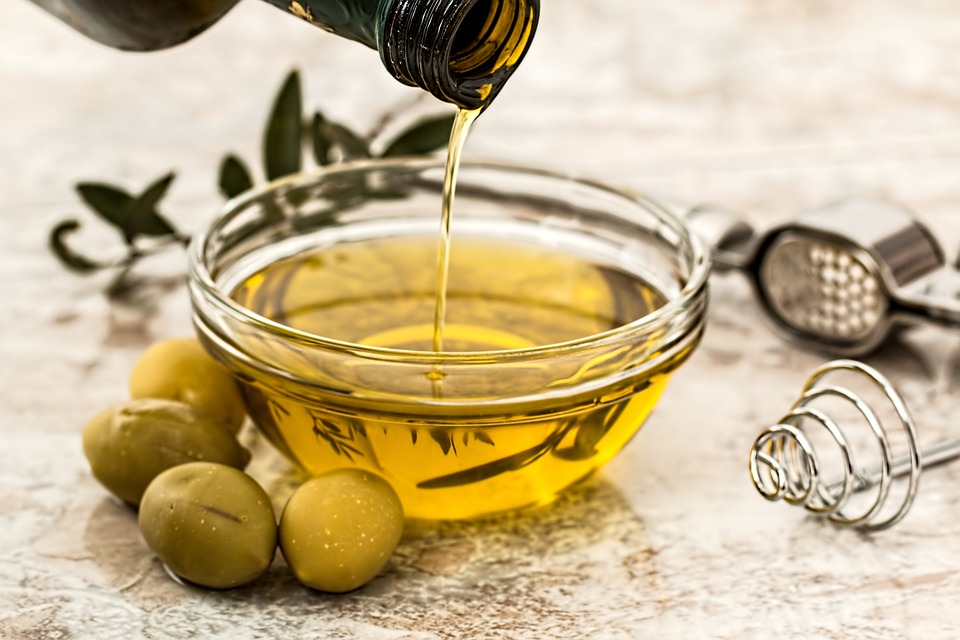The Mediterranean Sea is one of the most desirable places in Europe because of its shores, its great holiday offer, its climate and its gastronomy. The Mediterranean diet is well known for being one of the most complete, tasty and natural diets nowadays.
Particularly, today we would like to analyze the benefits that the Mediterranean diet can bring to those who practice sports frequently. In order to give value to this article, we decided to rely on the professional advice of pharmaceutical specialist in nutrition, dietetics and diet therapy, Fany Pons, originaly from Mallorca and an expert on this diet.
Pons tells us that the main foods on which the Mediterranean diet is based are: cereals as energy intake, the daily consumption of fruits and vegetables that provide vitamins, fish and meat as a protein source "Although I advise fish consumption to be greater than the consumption of meat, as the former contains omega 3 fatty acids that help protect the vascular system". Also, the Mediterranean diet it is based on the regular consumption of vegetables, fermented milk, nuts and the king of the Mediterranean, the olive oil.
“The greatest benefit of the Mediterranean diet is not in the fact that it is a low-fat diet, but in the quality of the fats that characterize it. Most of these fats are monounsaturated and polyunsaturated and have a protective role against diseases such as atherosclerosis”. The specialist assures us that obviously this depends on the individual “Regardless of the high quality of the fats, we should not abuse of them, because we could fall into overweight. We must take the right amounts of each type of food, always focusing the diet on balance”.
With this first information that our expert has given us, it is not uncommon to think that a diet that is characterized by being balanced, with natural quality fats, is a diet that can adapt very well to the needs of athletes. We continue with Pons and asked her about the best foods for sports recovery. Fany tells us “Everyone should be concerned about having a balanced diet and practicing a minimum of daily exercise. For the most rigorous athletes is hydration essential before, during and after exercising. They should also consume enough carbohydrates before any competition, as these are like fuel for the body. Indeed, the hydrated that one should intake before exercise shouldn’t be heavy meals, but rather simple carbohydrates like pasta, rice or potatoes. After the workout it is ideal to consume something with lean protein that helps avoid excessive muscle wasting.”
As we are talking about sports recovery, it occurred to us to ask one of the most debated questions nowadays in social networks: Yes or no to beer after sport? The specialist begins with a: “For athletes the base should always be the water but that doesn’t mean that they can’t have a beer to socialize at the end of a competition. The beer is the alcoholic beverage, which contain less alcohol, which makes it the best choice. Besides, thanks to the barley, it is one more source of carbohydrates.” As for sports drinks, she ensures us that: “They are drinks that are good when there has been a significant loss of hydration because they help replenish electrolytes and glucose, but we must bear in mind at all times what they are. For example, it wouldn’t be right to give an isotonic drink to a child as if it were a soft drink”.
As the specialist brings up the issue of supplements in the recovery process, we asked for her opinion on supplementary nourishment for athletes. Her answer is clear and simple: “The Mediterranean diet is meant to provide all the necessary nutrients to anyone without supplementation, when it’s thoroughly planned. Although you can promptly need some supplementation” .
Finally we decided to ask Fanny Pons about another current issue, concerning food and sport: Sugar. Currently it is said that refined white sugar is very harmful to health, so we are interested in her opinion on this issue. “Indeed white sugar is not advisable. Today there are some substitutes like stevia, brown sugar, or honey that can serve as sweeteners. However the consumption of these on a daily basis is not advisable. This kind of food is what we call empty calories that provide energy without providing any other nutrient to the body. So they should be consumed on a whim, rather than as something fundamental for the diet”.
From Ferrer Hotels we were delighted to count on the opinion of an expert to learn more about how we should feed our body if we want to carry out sporting routines regularly. As always, our goal is to look for the best professionals to continue giving you the best information about Mallorca, sports and the best experiences that you can imagine.
















